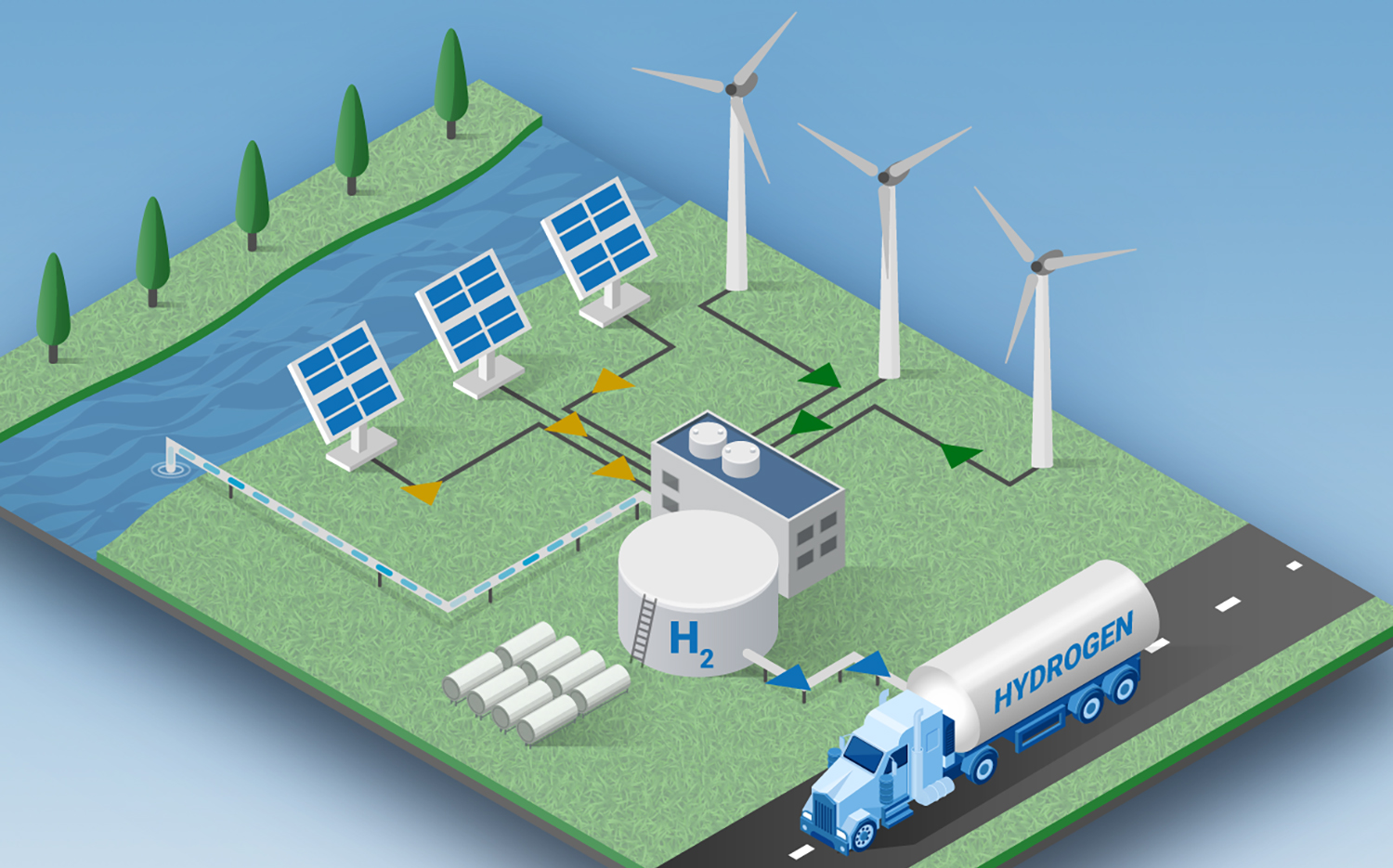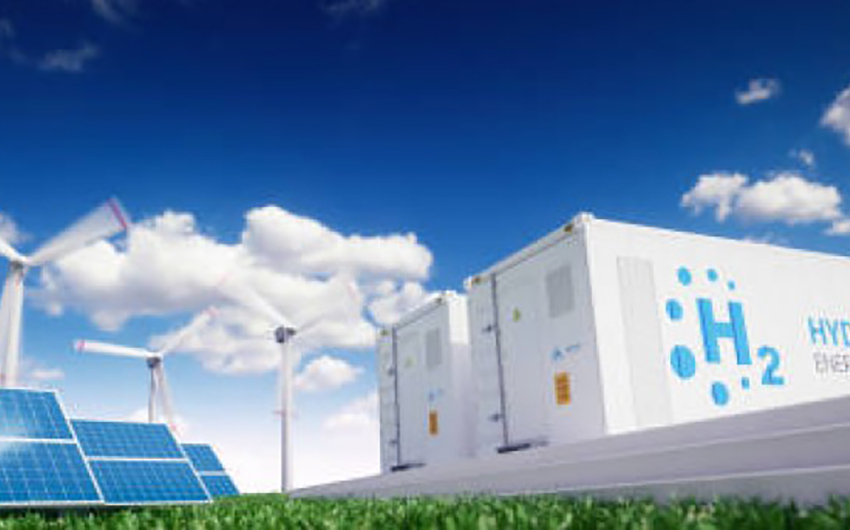Green hydrogen is fast becoming a sustainable energy source. More and more companies are focusing on its production and development. Hydrogen stocks offer a lot of growth potential. However, the technology is still in its infancy, so returns in the short term may be disappointing. Bonds are a fixed-income alternative.
· Green hydrogen can play a significant role in tackling the climate problem.
· Green hydrogen is not profitable enough at the moment.
· Hydrogen stocks and shares are a long-term investment; investors must be patient.
· Hydrogen bonds provide immediate interest and the certainty of repayment.
Green hydrogen: promising alternative energy source
Many experts agree that green hydrogen - hydrogen generated from renewable energy - is a promising sustainable energy source. However, the switch to a sustainable economy cannot be made using traditional forms of sustainable energy such as wind and sun alone. This switch is desperately needed to combat global warming. Hydrogen can fill that gap.
Substantial investments in green hydrogen
Large investments are being made in green hydrogen. Green hydrogen is still far from profitable, partly because it has to be generated from other sustainable energy sources. Initially therefore, investors will have to rely on the impact on the climate they achieve, at least for shares. The financial returns will only follow in the long term. Investors are coming to accept this.
Enormous potential growth
The potential of hydrogen is demonstrated by the significant investments being made in it, among others by Bill Gates, and the technological prospects for energy production and storage. Experts expect the US infrastructure package of $1 trillion to provide more R&D investment, tax incentives, and other incentives for hydrogen. As a result, the production cost of green hydrogen should drop to $1 per kilogram (currently around $5) by 2030. Lower prices will further promote the use of hydrogen fuel cells.
Hydrogen companies lost out in 2021
Hydrogen shares did not do well on the stock market in the first three quarters of 2021. Well-known names such as FuelCell Energy, Plug Power, Ballard Power, and Nikola have lost out sharply. Production costs and slow progress in technological development undermined the shares.
Hydrogen stocks: no fixed income
By nature, shares do not offer a fixed source of income, and the prices - the price at which an investor can buy or sell a share - are constantly changing on the stock market. The return on investment from shares depends on the stock market sentiment and ultimately on the profitability of the underlying company. A share entitles its holder to a share of the profit, and the price reflects all future profits. With hydrogen technology, the profits are still in the future. These future profits are difficult to estimate, which means that shares are mainly a promise for the future.
Hydrogen bonds: income and more security
However, companies also issue bonds to finance, among other things, the development of hydrogen technology. Bonds provide an immediate income from the interest, but the loan is also repaid after a few years. Bonds are therefore suitable for investors who desire income and more security. However, the profit potential of shares is much higher. In addition, with bonds too, interest payments and repayments depend on the company's financial health.
Bonds or equities?
Since the sustainable energy sector is unpredictable, bonds would be a good choice. They remove a large part of the uncertainty. Another way of reducing risk is to use an investment fund that invests in a basket of different hydrogen stocks. Some funds diversify further by also investing in bonds and energy companies in other sustainable sectors.
FutureEnergyFund: Fixed-rate energy bonds with an up-side
Future Energy Fund (FEF) offers diversification by investing in wind and solar projects. Provider WindShareFund has years of experience in this. Investing in wind and sun in Western Europe remains the most sensible option because of the region's stimulating legislation. The fund offers investors 100% sustainable bonds with a fixed interest rate of 7.5%. To benefit from the upside potential of hydrogen stocks, the fund invests partly in this segment as well. This can supplement the return for investors with a total bonus interest of up to 12%.












Source: Evertjan van Roekel, FutureEnergyInsight.com.